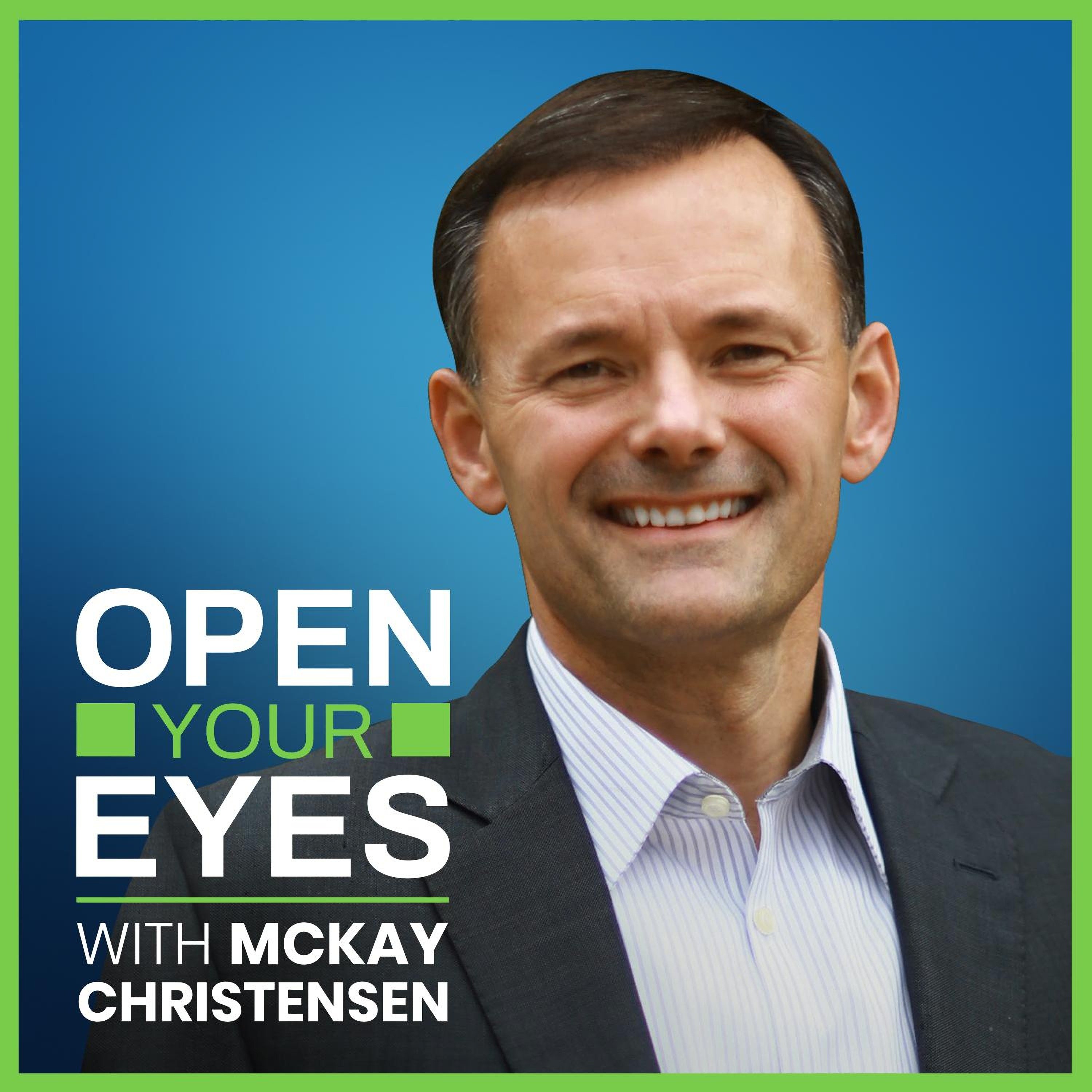S04E29 - The Least You Can Do
Too often, we seek to get by doing the least we can do. And, after a while, the least we can do becomes a way of life for many of us. The problem is that we then work and live well below our ability and level of performance possible. And this habit or way of living begins to take over our life. Imagine an Olympic athlete whose attitude is to do the least they can do in their training as they prepare for the Olympics. It would be foolish to assume you could excel with that mindset. World class athletes instead do the most they can do to reach their goals.For example, many people dream of becoming wealthy without having to put forth any effort. Today’s episode begins with a discussion of why playing the lottery seems tempting but is an unwise investment. McKay points out that the real lottery winners are the IRS and state governments, which take in almost half of the winnings, while those who buy the tickets lose week after week and would be better off putting that money into savings instead. He argues that we’ve developed a habit of wanting to do the least possible to earn money but that this attitude will catch up to us eventually, like a bank robber who makes one mistake and loses the money and their freedom. Instead, McKay encourages a change in attitude, leaving behind “the least possible” and instead developing a culture of excellence in ourselves, our families, and our work environments. Using examples of big-name companies, including Procter & Gamble and Disney, he demonstrates how the pursuit of excellence can have huge benefits, both in business and in our personal lives.The Finer Details of This Episode:- Why do so many people play the lottery despite the odds being stacked against them?- Federal and state governments are the big lottery winners- The story of Alan Pace, who tried to get rich by doing the least possible (by robbing a bank) but wound up in jail after one simple mistake- How to encourage your children to strive for excellence (featuring the story of creating spelling bee champs by encouraging teamwork)- Scarcity mentality vs. abundance mentality in the workspace- The pursuit of excellence as a business strategy- Disney’s development of The Lion King as an example of the pursuit of excellence in action Quotes: “Let’s say I put $100 million inside a house somewhere in North America, somewhere in Canada, the United States, Mexico, Guatemala, etc. And then I gave you a key, and you had to pick the right house, you had one chance to pick the right house. Those are better odds than your winning the Mega Millions lottery.” “I also think people enjoy the fantasy of it, they dream of what it would be like to have all of that money, right? And that’s a little exciting and brings excitement to their day. But most of all, I think they get in the habit of chasing the least they can do to be wealthy.” “If I were to ask you if you’d rather win the lottery or not, of course, you’d rather win the lottery, right? But here’s a proven fact. When you have to work to build wealth, you build yourself, you build your life, you build your capabilities.” “The least we can do becomes a way of life for many of us.” “When you begin, even in small ways to invite excellence into your life, you will feel a spirit of self-worth and peace enter into your life. And that spirit will invite you to rise, to do things with the best part of you, instead of the least part of you.” “Excellence is not an act but a habit.”“When you stop doing the least you can do and do your best, it brings you back to who you can and should be. It restores you, your hope and your future. Excellence...
 Sign in
Sign in Sign in
Sign in Sign in
Sign in

















































